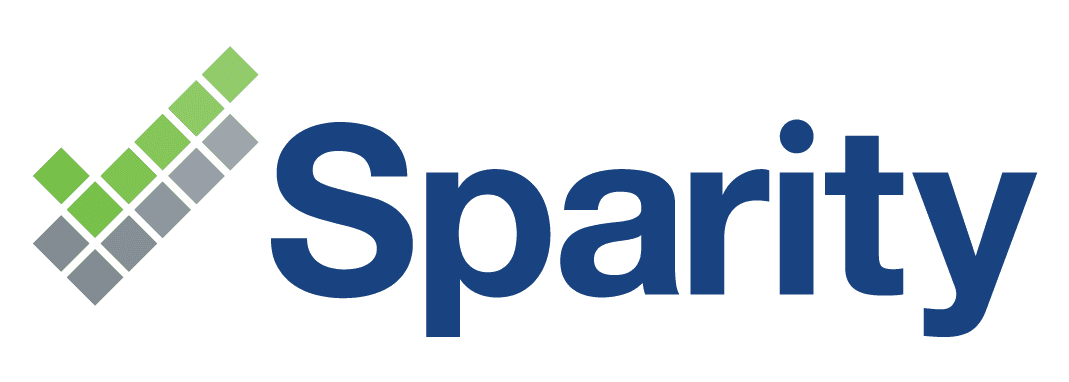Contents
Introduction
Data is omnipresent, and it exists in every industry and organization, at all levels. The amount of data generated by modern businesses is already staggering, and in the event that more businesses embrace a data culture, they might find it difficult to handle the sheer volume of available data and extract actionable insights and take advantage of the collected data.
Today, businesses in every industry have an ever-increasing trove of raw data available at their fingertips, and healthcare is no exception. Today, healthcare organizations of all sizes are relying on data more than ever before to improve outcomes and efficiency. Everything from EMR, CRM, HMS, outpatient registrations to financial metrics to industry health statistics adds up to a massive amount of data. When you combine policy details provided by insurance companies with clinical trial findings provided by pharmaceutical firms, staffing schedules, anomalies, claims, patient billing, memberships and more, you have what many experts consider to be some of the most complex data storage systems.
Furthermore, most healthcare organizations are yet to adopt the skills and technology needed to manage, analyze, and visualize their data. Using the right tools—specifically, business intelligence tools—is the solution to this challenge. BI tools empower a business to make decisions based on a complete picture of data, rather than anecdotes or a limited amount of data. Fortune Business Insights in its report titled “Business Intelligence Market, 2021-2028” mentions that the global business intelligence market size is expected to reach USD 43.03 billion by 2028, exhibiting a CAGR of 8.7% during the forecast period.
Rapid digitization, demand for data personalization and the emergence of several online businesses have led to enormous data fragmentation, necessitating the use of business intelligence tools. One such business intelligence tool that can transform the healthcare sector is Power BI. Power BI for the healthcare industry helps healthcare professionals and leaders become more data-driven, drive clinical agility, work more collaboratively, and provide insights needed for clinical and operational management.
In this blog, we will discuss the prominent use of Microsoft Power BI that will transform healthcare experiences. You’ll learn how Power BI capabilities benefit the bottom line and improve the quality of patient care while adhering to government regulations.
What is Power BI?
Microsoft Power BI is a great tool for businesses who want to start, organize, and/or grow their business intelligence efforts. Considering how popular Microsoft’s prominent product has become globally, it isn’t surprising that power BI has become one of the leading data analytics platforms and was named the leader in Gartner’s Magic Quadrant for Analytics and BI platforms in 2022.
Explore Microsoft capabilities recognized in this year’s @Gartner_inc Magic Quadrant™ for Analytics and Business Intelligence Platforms: https://t.co/8B9Lx4h5lZ #PowerBI pic.twitter.com/McaBiZy3Kj
— Microsoft Power BI (@MSPowerBI) May 13, 2022
Power BI healthcare dashboards provide an instant solution to your data analysis needs and enable healthcare organizations, including providers and payers, to convert vast amounts of healthcare data into actionable insights.
Power BI helps healthcare companies examine trends and KPIs for patients, providers, operational departments, healthcare records, and finance. With the Power BI mobile app, data can be accessed from anywhere and anytime with mere access to a digital device with internet connectivity.
Power BI’s Role in the Healthcare Industry
There are many challenges faced by the healthcare industry which are either directly or indirectly related to data as healthcare industry is falling short to carryout data analysis. Occurrence of medical errors due to unorganized medical history data, explosion of medical data, management of patients and their history, and unorganized employee data all these challenges are holding back the healthcare industry before the arrival of business intelligence tool.
With the emergence of Power BI, healthcare providers can analyze their data and gain the actionable insights needed to cut expenses, enhance revenue, and improve patient care while following compliance and regulations. Furthermore, Power BI can also empower healthcare organizations to gain more access to their data and help them collect more insights into their key performance metrics (KPIs).
Power BI has high potential to make significant contributions to many areas of the healthcare industry. Healthcare providers and professionals can employ BI templates to collect, process, visualize and analyze massive amounts of healthcare data effectively. All of this data is instantly stored and analyzed using Power BI streaming solutions in conjunction with Microsoft Azure cloud services. Power BI can aid decision-makers in achieving strategic objectives by providing holistic perspective that streamlines the way businesses operate at all levels.
Benefits of employing Microsoft Power BI in the healthcare sector
Empowering healthcare professionals
Power BI enables a healthcare organization to visualize and analyze their healthcare data, and keep track of patients requirements. It aids healthcare personnel in comprehending and optimizing resource requirements. Healthcare organizations can employ Power BI to analyze patient data and communicate insights, dashboards, and business intelligence reports with others, especially in an emergency, so they can get a complete picture and offer crucial care quickly.
Power BI can also help healthcare organizations to analyse their departmental data including HR, finance, administration, medical training and pharmacy to offer actionable insights that help healthcare professionals execute their duties more effectively and efficiently.
Enhanced personalized care
Healthcare records collected, stored and managed by Power BI include vital information about a patient’s medical history and previous treatments. Caregivers can use this information to predict future illnesses, reduce risks, and provide individualized care by analyzing this information.
Furthermore, healthcare personnel can employ Power BI to make informed decisions, track patient diagnoses, improve patient care, and analyze quality and safety trends. BI dashboards can help healthcare organizations to manage better logistics, such as managing patient in flow and out flow, thereby providing effective treatments and medications to all patients.
With advanced analytics in Power BI, it is now possible to offer personalized care and a customized treatment approach for critically ill patients. The holistic visualization of patient demographics, health issues, previous ailments, and allergies enables healthcare professionals to provide more efficient and successful therapy.
Healthcare costs
Healthcare prices are skyrocketing at an unprecedented rate. Power BI enables healthcare organizations to gain a better understanding of their financial transactions and work efficiency. This enables healthcare organizations to monitor their cash flow and make necessary modifications to maximize it.
Power BI can assist healthcare organizations in identifying highly profitable or underutilized services by analysing healthcare data required to set prices. Furthermore, they can regulate costs, distribute employee time, and process claims more efficiently. Power BI dashboards can assist healthcare organizations in determining the efficacy of their marketing initiatives.
Enhanced data security and compliance
“Today, healthcare organizations generate a large amount of data on a daily basis more than ever before and this data is subjected to additional regulatory compliance. Healthcare organizations must be extra cautious about data breaches, privacy concerns, and security loopholes in regards to healthcare data.”
Power BI mitigates security risks by providing full security to healthcare data, assuring rigorous privacy, protection, and compliance. HIPAA compliance is already built into Power BI. It may also be made compliant with the GDPR, CCPA, and other local data protection requirements with the use of suitable data governance consultancy. Power BI’s superior encryption security allows healthcare personnel and organizations to share patient data while remaining compliant and ensuring its security.
Offers actionable insights to drive foresight
The primary purpose of the healthcare system is to determine the exact cause of a disease, treat it, and restore patient health. Power BI uses available healthcare data to provide clinical and operational insights that aid in the diagnosis, treatment, and cure of patients. You can improve operational performance and promote efficiency across the care continuum by providing operational analysts with end-to-end analytics capabilities.
Power BI enables healthcare organizations to use AI to forecast future health trends, develop relevant treatment models, and mitigate risks to diagnose faster and make better decisions. Power BI enables easy access and analysis of patient data in real time and on the go. Power BI’s AI and machine learning capabilities can be used to make the healthcare data more meaningful so that diseases can be prevented and diagnosed earlier.
Furthermore, James Ward Analytics Architect at UCHealth in his tweet thanked Arun Ulag and Justyna Lucznik for letting him test drive the new feature in power BI and says Power BI has helped them consolidate their company’s main goals.
Big thanks to @arunulag and @JustynaLucznik for letting me test drive the brand new goals feature in #PowerBI #MSBizAppsSummit pic.twitter.com/Jv5LvfNx0z
— James (@maddogttu) May 4, 2021
Reimagining Healthcare
In the future, medicinal innovation will inevitably revolve around predictive and preventative measures. Unlike predictive analytics, which only predicts potential future outcomes, preventive analytics goes a step further and gives recommendations on how to avoid potential future risks or leverage opportunities, as well as the ramifications of each prospective decision alternative. Healthcare organizations can employ Power BI for patient information tracking and effective resource management as it can estimate patient loads based on historical data. Power BI provides a unified, holistic view that can unlock previously unthinkable modelling and analytics possibilities that can transform the healthcare sector for good.
In conclusion
The transformation of the healthcare sector is already underway at an unprecedented pace, with many healthcare organizations realizing the true value of their data. The healthcare industry requires dependable solutions because failure is not an option. Advanced analytics and visualization tools, such as Power BI, provide healthcare professionals with fresh insights that can be used to optimize resource usage, drive down costs, and improve the quality and efficiency of patient care.
Want to jumpstart your Microsoft Power BI adoption? Sparity can help you adapt to corporate and self-service capabilities and use creative dashboards to unlock data insights. Sparity can assist you around the entire setup of your adoption of Microsoft Power BI, starting from planning and design and delivery to post-implementation as well.




